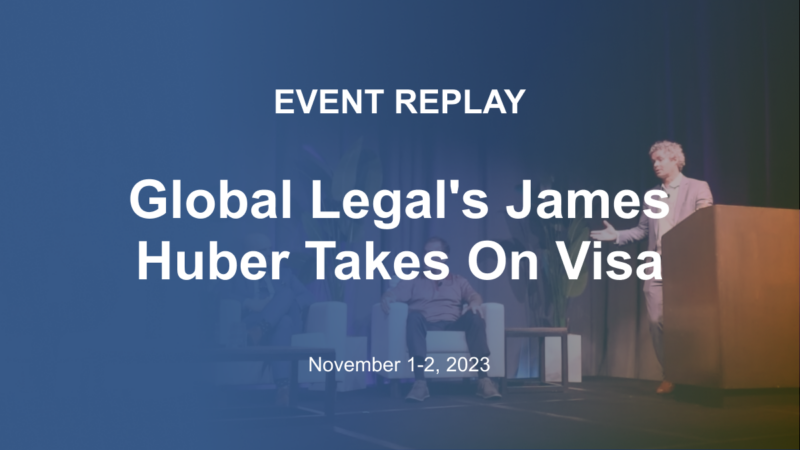Alex Glassman & Matt Luciana Featured In Green Sheet
- May 21, 2025
A version of this article originally appeared on The Green Sheet. See the original post here.
Global Legal’s Alex Glassman and Matt Luciani illuminate a landmark case
May 20, 2025
———
Green Sheet recently heard from Global Legal Law Firm attorneys Alex Glassman and Matt Luciani to discuss a precedent-setting federal court ruling with significant implications for payment processors serving state-legal cannabis merchants. The case affirms that contracts with cannabis merchants do not violate the federal Controlled Substances Act (CSA), offering new clarity and protection for financial services providers operating in this growing market. Following is a Q&A that provides and overview of the case and its potential impact.
1. What is the Controlled Substances Act, and how does it currently classify marijuana?
The Controlled Substances Act (CSA), enacted in 1970, organizes drugs into five “schedules” based on medical use, potential for abuse, and safety. Marijuana is classified as a Schedule I substance, meaning it’s considered highly addictive and without accepted medical value under federal law. This classification makes manufacturing, distributing, or possessing marijuana illegal—unless specifically authorized.
2. How did a recent federal court ruling in Florida challenge the CSA’s impact on payment processing?
A case in the Southern District of Florida, brought by Global Legal Law Firm on behalf of a payment processor client, centered on whether a payment processor’s contract with a cannabis dispensary violated the CSA. The merchant argued the contract was unenforceable under federal law to avoid paying an Early Termination Fee (ETF). The court disagreed, confirming that payment processors do not “distribute” or “deliver” marijuana simply by facilitating transactions.
3. Why did the court determine that the processor was not violating the CSA?
The court clarified that processing payments is distinct from distributing or delivering cannabis. The payment processor earned transaction fees for facilitating purchases—not from selling or handling marijuana. For instance, if a customer spent $100 on cannabis and paid a $3 processing fee, the processor collected only the $3 fee for providing financial services, not the product itself.
4. What did the court say about enforcing Early Termination Fees (ETFs)?
The court ruled that the ETF was enforceable. Because the agreement ended when the merchant breached it, no future transactions—and thus no potential future CSA violations—would occur. The fee was based on past transactions, so enforcing it would not require any ongoing illegal activity under federal law.
5. What does this mean for payment processors working with cannabis merchants?
This ruling gives payment processors more confidence to serve state-legal cannabis businesses. It reinforces the idea that offering financial services—like payment processing—is lawful and distinct from direct involvement in marijuana sales. It also affirms that contracts and penalties like ETFs remain valid and enforceable.
6. Why is this decision significant for the broader financial and cannabis sectors?
This is the first federal court decision directly addressing the legality of payment processing contracts with cannabis merchants. It sets a legal precedent that could influence future rulings across the country. By confirming that such agreements do not inherently violate the CSA, the ruling opens doors for increased financial innovation and stability in the cannabis sector.
———
You can read more of this article here: here.
Recommended Press & Events
-

James Huber Featured in The Green Sheet: PayPal ruling lifts all digital wallets
A version of this article originally appeared on The Green Sheet. See the...
Read More -

Global Legal's James Huber Takes On Visa!
James Huber, Partner of Global Legal Law Firm, asks the tough questions, and...
Read More -

Global Legal's James Huber Presenting at WSAA in Carlsbad, CA
Global Legal's James Huber Presenting at WSAA in Carlsbad, CA
Read More